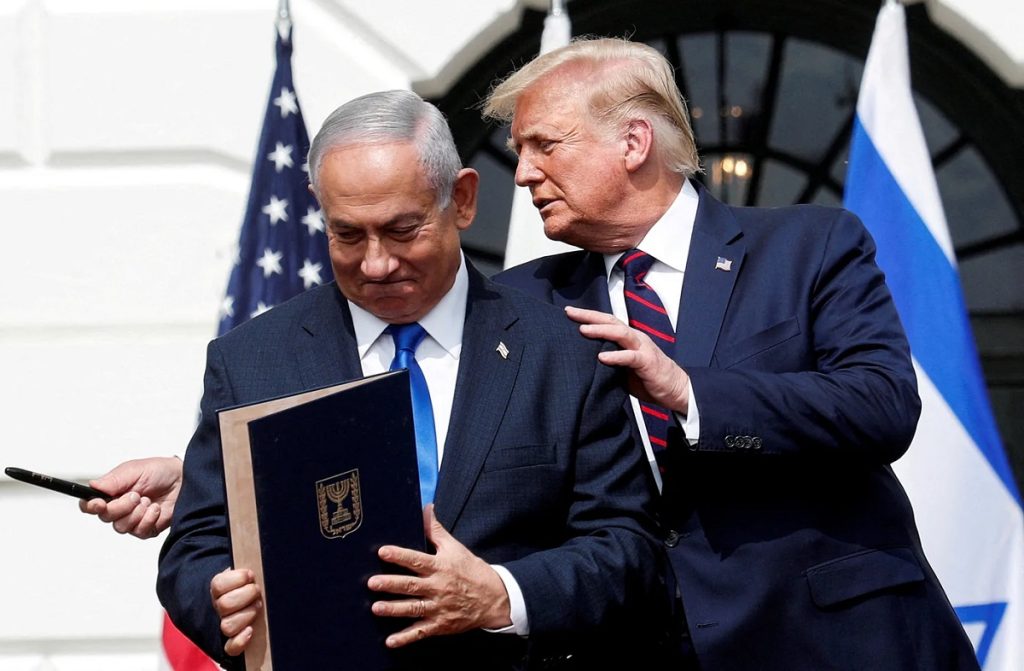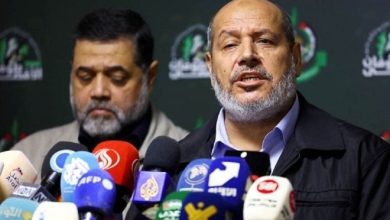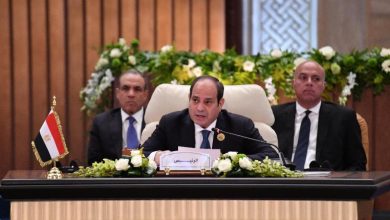Israeli Knesset Debates Egyptian Military Activity Near Sinai Border
Satellite images showing Egyptian tank deployments spark accusations of treaty violations and fears of shifting regional dynamics.
Watan-In an unusual scene, a session inside the Israeli Knesset turned into a battleground of heated debate over what some members described as “the Egyptian threat coming from Sinai.”
The session, titled “The Egyptian-Israeli Border and the Changing Security Reality,” discussed intensified Egyptian military movements detected by satellite imagery near the border with occupied Palestine, particularly around the Philadelphi Route (Salah al-Din Corridor).
Israeli analyst Edy Cohen stirred the session by accusing Egyptian President Abdel Fattah el-Sisi of being the most serious current threat to Israel’s security. Cohen also criticized former Israeli Ambassador to Cairo, Amira Oron, accusing her of downplaying the situation’s severity, and claimed that the Egyptian army’s movements represent a clear violation of the Camp David Accords.

Tensions at the Border: Egypt Under Israeli Scrutiny
Israeli security sources had previously reported extensive Egyptian military activity, including the deployment of tanks and heavy equipment near the border. This was viewed as a breach of the understandings governing Area “C” under the agreement, bringing renewed focus on Egypt’s commitment to the historic treaty.
Reactions within the Knesset were divided: some called for calm and interpreted Egypt’s actions as internal measures against terrorism, while others argued that Sisi is sending pressure signals to Israel via Gaza and the Sinai border.
So far, Cairo has issued no official comment on the discussions in the Knesset, leaving room for speculation about the Egyptian regime’s intentions and the backdrop of this indirect escalation with Tel Aviv—especially given the divergence in both sides’ positions regarding the war on Gaza.
The key question remains: Will these developments lead to a shift in the regional rules of engagement—or will the tension remain confined to political posturing inside the Israeli Knesset?






